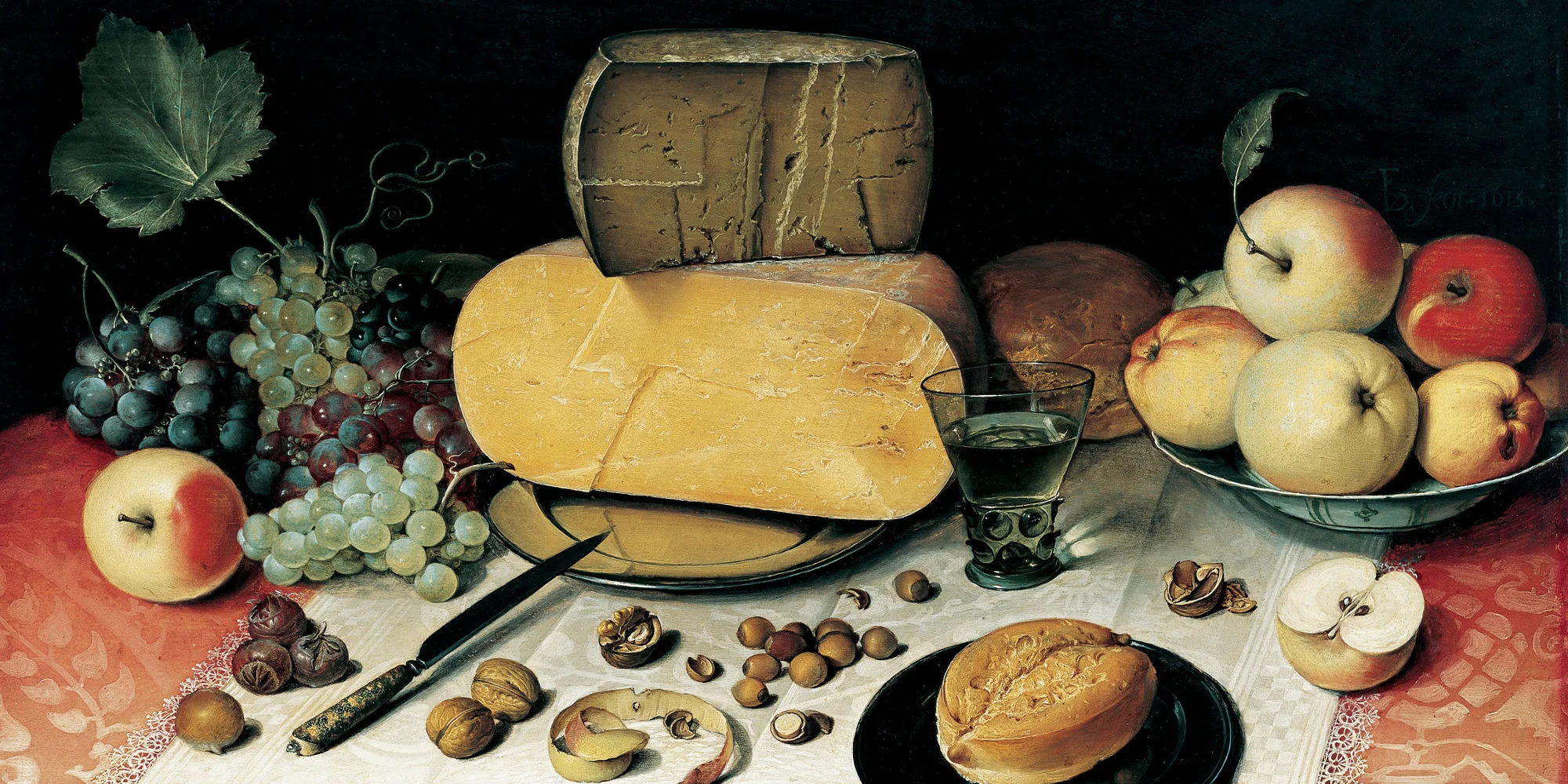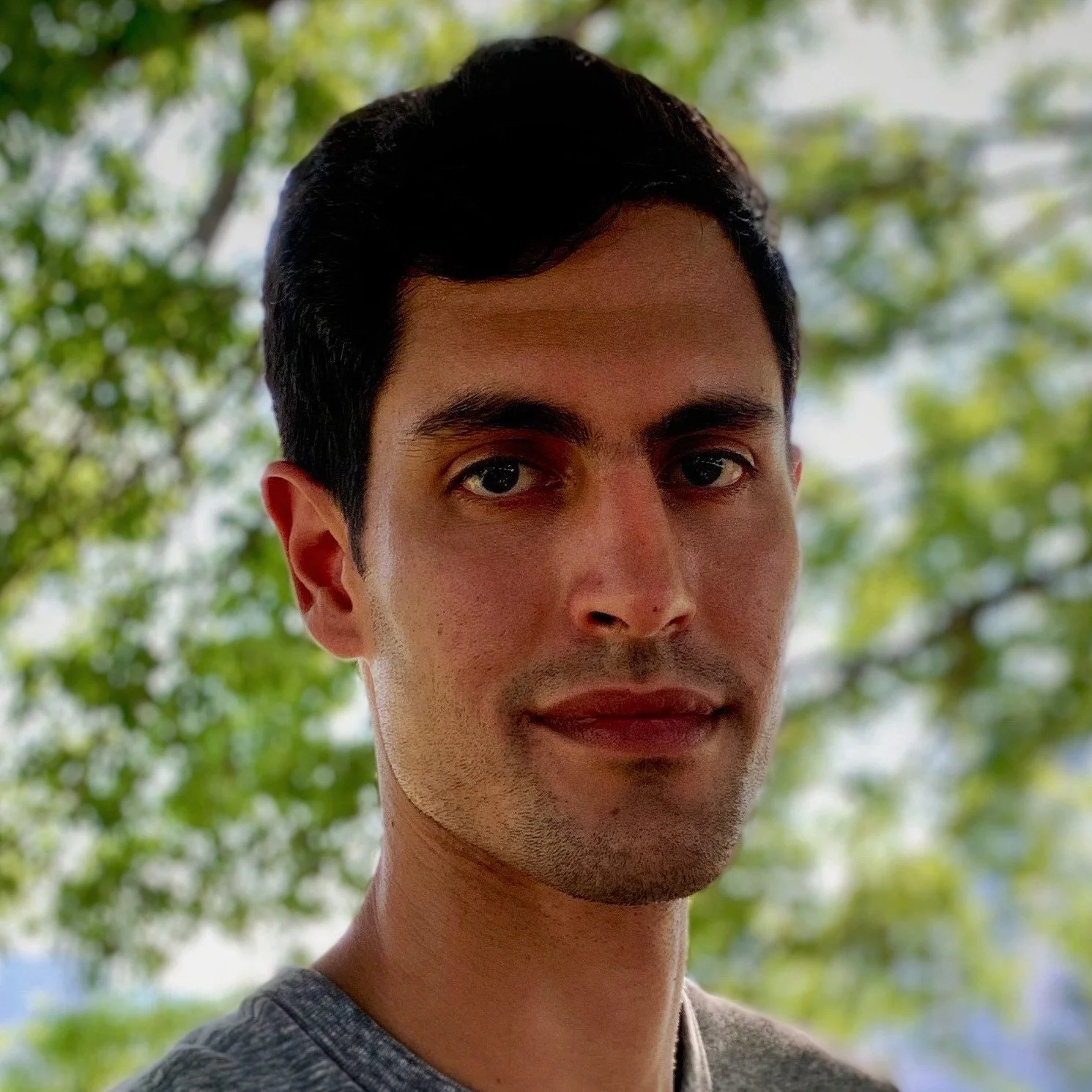Fall 2023
An ongoing series of discussions with Yale faculty and visiting speakers on timely and timeless questions.
Talking Politics in Times of Distrust
James Murphy | 12-1.30pm, September 22
In our fractured and fractious political moment it is a common complaint that those on the other side argue badly; they offer bad arguments and are bad at assessing the arguments that are meant to persuade them. To focus on political arguments however, risks exaggerating the role that arguments play in political persuasion even in less polarizing times. We are moved, first and foremost, not by arguments but by stories and understanding how narratives can be used and abused is crucial to any realistic approach to ameliorating our polarized politics.
James Murphy is Professor of Government at Dartmouth College.
The Manhattan Project and the Quandary of Technology
James Nolan | 12-1.30pm, September 29
The French sociologist Jacques Ellul, one of the deepest thinkers about technology of the last century said that in the present age human beings are “committed as never before to technology as a way of life and thought.” We can see a powerful illustration of Ellul’s critique of technology as a way of life and thought by examining the experiences of those who worked on the Manhattan Project.
James P. Nolan, Jr. is Washington Gladden 1859 Professor of Sociology at Williams College.
Why Do Universities Have Students?
Peter Wicks | 12-1.30pm, October 6
A common criticism of the modern research university is that its institutional incentives prioritize research at the expense of undergraduate teaching. What criticisms of this kind typically overlook is the variety of goals of undergraduate education and the inherent tensions and trade offs between them. “Why Do Universities Have Students?” is an awkward question to raise in the context of modern higher education, not because we lack an answer, but because we have altogether too many.
Peter Wicks is Scholar-in-Residence at the Elm Institute.
Strauss on Liberal Education
Steven Smith | 12-1.30pm [POSTPONED: MOVED TO FEBRUARY 9]
In 1959 the scholar of political philosophy Leo Strauss gave a commencement address to the graduates of the University of Chicago’s program of liberal education for adults. He offered a succinct and provocative vision of the nature of liberal education, beginning with the claim that “liberal education is education in culture or toward culture.” What did Strauss mean by this and what lessons does his address hold for us today?
Steven Smith is Alfred Cowles Professor of Political Science at Yale University.
[POSTPONED: MOVED TO FEBRUARY 9]
Aristotle on Luck
Daniel Schillinger | 12-1.30pm, November 3
An unexpected windfall or accidental death: we may think we know good or bad luck when we see it. But what exactly counts as luck, good or bad, and what, if anything, causes it? Is luck a real feature of the world, or just a way of talking about people and events, a kind of story we tell for our own purposes? Aristotle returns to the topic of luck at several points in his philosophy and with his help we’ll explore questions of luck, ancient and modern.
Daniel Schillinger is Lecturer in Humanities at Yale University.
The Place of Contemplation in a Well-Lived Life
David McPherson | 12-1.30pm, November 10
What role should contemplation play in our lives? Aristotle claimed that a life of contemplation was the highest form of human life, but contemporary virtue ethicists have generally rejected Aristotle’s view as overly intellectualist. However, when the nature of contemplation is properly understood, we can see why it has an essential role to play in the lives of human beings as uniquely meaning-seeking animals.
David McPherson is Professor of Philosophy at the University of Florida.







